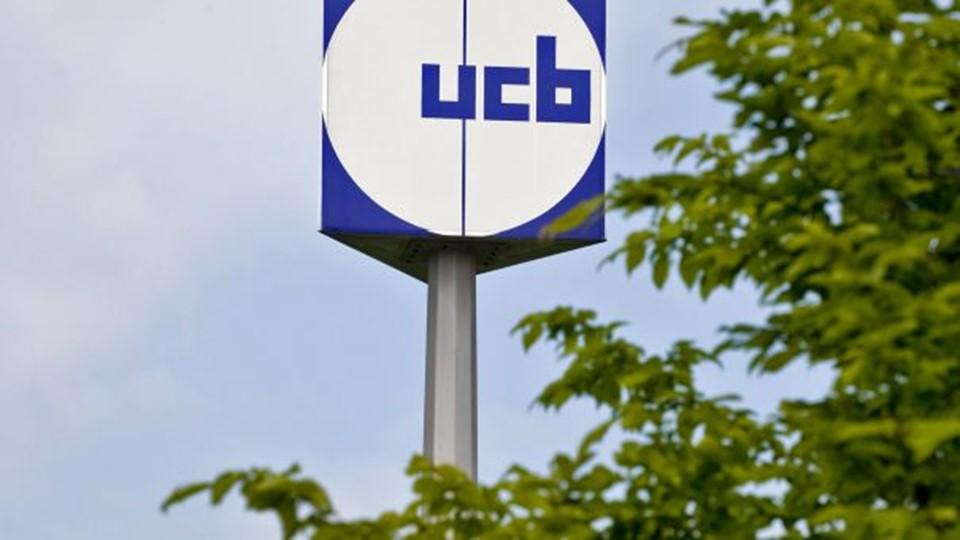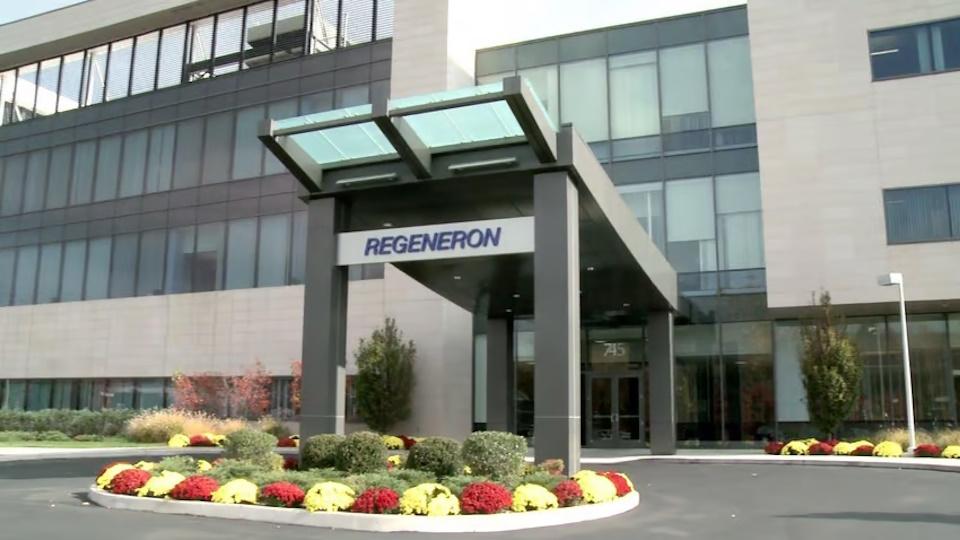UCB stakes claim to gMG market as FDA clears Rystiggo

The FDA has become the first global regulator to approve UCB’s Rystiggo, a treatment for generalised myasthenia gravis that the company says is the only drug that can be used for two of the most common forms of the muscle-wasting autoimmune disease.
Rystiggo (rozanolixizumab) has been given the green light by the FDA for both anti-AChR and anti-MuSK antibody-positive gMG based on the results of the MycarinG study, which showed that treatment with the drug led to significant improvements in symptoms such as the ability to breathe, talk, and swallow, and rise from a chair.
The subcutaneously-administered drug is an FcRn-targeting antibody that will compete with Argenx’s intravenous Vyvgart (efgartigimod alfa), which was approved in 2021 by the FDA for patients with AChR antibody-positive gMG only and generated sales of $400 million last year.
Argenx has, however, just secured FDA approval for a new subcutaneous formulation of its drug called Vyvgart Hytrulo that can be delivered by a healthcare professional in around a minute, rather than needing a weekly, hour-long IV infusion delivered at a clinic.
AChR-positive patients are by far the largest group, accounting for around 85% of all cases, but UCB’s label makes it an option for a minority that is estimated to represent around 5% to 8% of patients.
UCB’s chief medical officer, Iris Loew-Friedrich, said that it is important to have multiple options for gMG patients, as “no two people living with gMG experience the disease in the same way.”
“The approval of rozanolixizumab […] means doctors have an additional approved treatment option for their gMG patients who have not yet found a treatment that meets their needs,” she added.
UCB said it intends to launch the new drug in the US in the third quarter of this year and is also waiting for a verdict in ongoing regulatory reviews in Europe and Japan that are expected to conclude next year.
Rystiggo is one of a pair of new therapies developed by UCB as it tries to grab a slice of the gMG market, along with zilucoplan, a once-daily C5 inhibitor given by subcutaneous injection that is also under regulatory review, with decisions due in the US and Europe before the end of 2023.
If approved, zilucoplan will compete most directly with AstraZeneca/Alexion’s Soliris (eculizumab), the current market leader in the C5 inhibitor category, and longer-acting follow-up Ultomiris (ravulizumab), which are given intravenously every two and eight weeks, respectively.
Those two drugs made around $3.8 billion and $2 billion respectively last year across gMG and other indications, including paroxysmal nocturnal haemoglobinuria (PNH) and atypical haemolytic uraemic syndrome (aHUS).
Analysts at Evaluate have previously predicted that zilucoplan and rozanolixizumab will struggle to make headway in an increasingly competitive gMG market, estimating 2026 sales of $376 million and $349 million, respectively.













